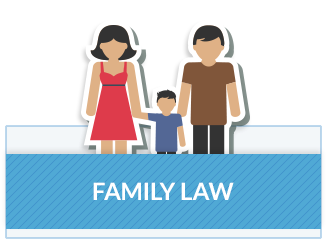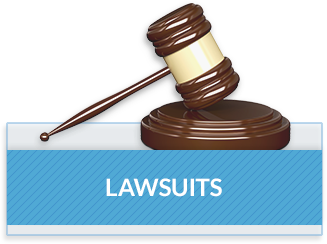When a loved one passes away, his or her estate often goes through a court-supervised process called probate where the assets of the deceased are managed and distributed. Probate administration from the county of legal residence, at the time of his or her death, is necessary to finalize all debts of the decedent and to accomplish the transfer of legal title to any property owned by the decedent to the decedent’s beneficiaries as identified in the decedent’s Will or by the laws of intestacy if there is no Will.
The Personal Representative is appointed by the Court to handle the administration of the estate. This individual is charged with gathering the assets, ascertaining and paying debts, administration expenses and taxes, and distributing the remaining assets to those persons entitled to receive them.
The cost and duration of probate can vary substantially depending on a number of factors such as the value and complexity of the estate, the existence of a Will and the location of real property owned by the estate. Will contests or disputes with alleged creditors over the debts of the estate can also add significant cost and delay. A nontaxable and uncontested estate is typically settled through probate in about eight months to one year.
The probate process can often appear complicated and time-consuming, and can be especially daunting while mourning the loss of a close family member or friend, but Murray Law Group, LLC will guide you through the process. Our fees vary based on circumstances, so please call to discuss your specific circumstances with our staff.
Frequently Asked Questions:
Does a Personal Representative get paid?
Yes, the Personal Representative is entitled by law to receive a commission. In addition to reimbursement for all legitimate out-of-pocket expenses incurred through the process, the Personal Representative may be entitled to 5% of the value of the probate assets, depending on the size and nature of the probate estate. The Personal Representative has to fulfill his or her fiduciary duties on behalf of the estate with the highest degree of integrity and can be held liable for mismanagement of estate assets in his or her care. It is advised that the Personal Representative retain an attorney and an accountant to advise and assist him with his or her duties.
What is the difference between probate and non-probate assets?
Non-Probate Assets are assets that will transfer automatically at death to a new owner by operation of law because of the way they are titled or by virtue of a beneficiary designation. These include life insurance policies, accounts and real estate with joint rights of survivorship, etc. Probate Assets are the assets that are in the decedent's name as of death and do not transfer upon death without the appointment of a Personal Representative. The distribution of probate assets will be either pursuant to the Will or the laws of intestacy.
Give Murray Law Group, LLC a call to discuss your legal needs. Don't Worry, Call Murray!






